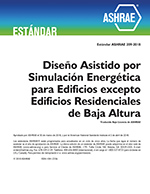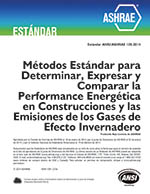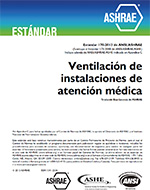Description
The objective of this work was to quantify the fuel savings provided by a zoned, forced-air distribution system compared to a conventional unzoned system. The premise supporting this investigation is that a zoned, forced-air system offers better control of comfort conditions at lower energy costs than a conventional, unzoned house. The zoned tests were compared with a baseline case with an energy-conserving setback strategy. The zoned system’s ability to achieve fuel saving was dependent on thermostat control strategy. In one case, the zoned system had a 12% reduction in fuel use, and in another, it had a 6% increase in fuel use when compared to the baseline test. While an assessment of comfort conditions in the conditioned space was not addressed, the zoning system improved comfort conditions over the baseline system during occupied periods.
KEYWORDS: energy conservation, zones, warm air heating, comparing, energy consumption, costs, thermal comfort, housing, USA, night setback, comfort
Citation: ASHRAE Trans. 1992, vol.98, Part 1, Paper number AN-92-17-2, 1247-1257, 11 tabs., 9 figs., 8 refs.
Product Details
- Published:
- 1992
- File Size:
- 1 file , 1.2 MB
- Product Code(s):
- D-18133




